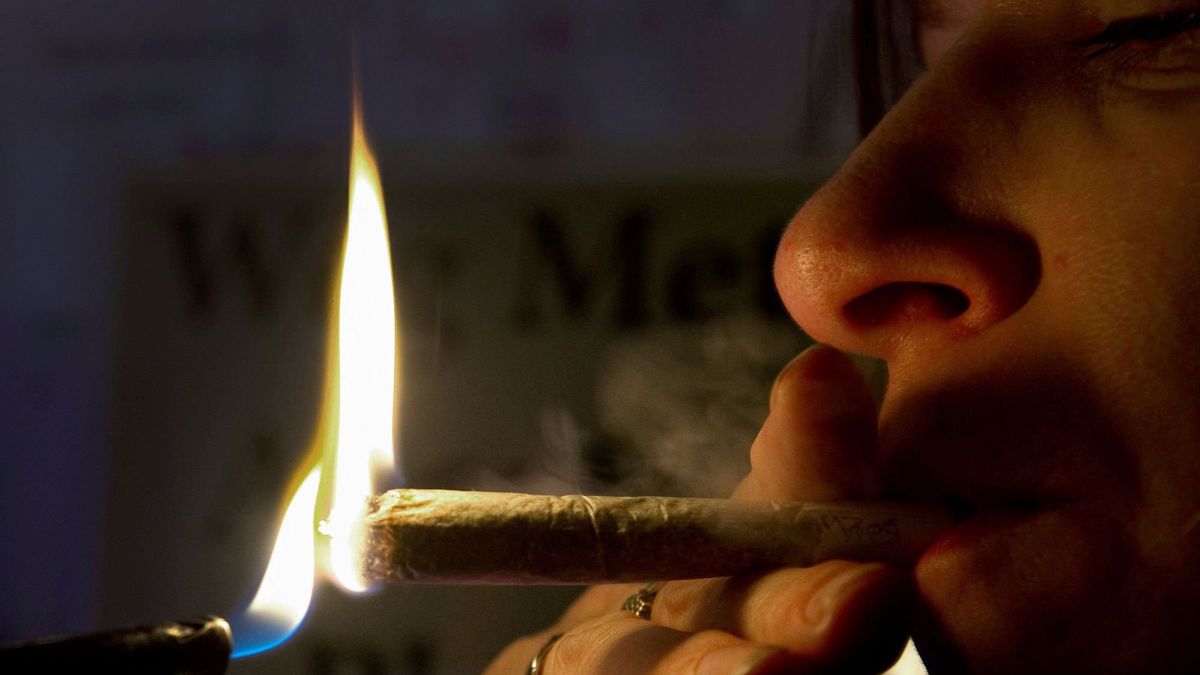Malta has become the first country in the European Union to legalize the cultivation and use of cannabis for recreational purposes, as reported EFE. The bill, approved thanks to the votes of the ruling Labor Party, was promoted by Owen Bonnic, parliamentarian and current Minister of Equality of the archipelago.
“We are the ones who create the change.” The Maltese politician celebrated on his social networks.
As reported by the local press, the law was approved in third reading with 36 votes in favor of Prime Minister Robert Abela’s Labor Party and with 27 against the conservative opposition, the Nationalist Party. However, for it to enter into force it must be ratified by George Vella, President of the Republic, although the signature is considered only a formality.
And the ayes have it!
The #Cannabis reform bill has just been approved at third reading stage.
We are the change makers.
– • Owen Bonnici (@OwenBonnici) December 14, 2021
Malta had already allowed the use of cannabis for medical purposes since 2018, but is now the driving force behind a pioneering law in the European Union, since this law legalizes the use, cultivation and possession of cannabis, within certain limits, not only for therapeutic but also recreational purposes.
Thus, those of legal age may have a maximum of 7 grams of cannabis and psychoactive derivatives (hashish, for example). In addition, they will be able to grow up to 4 plants and it is allowed to have up to fifty grams of the leaf of this plant at home.
Those who are ‘hunted’ with a quantity of cannabis between 7 and 28 grams They will only have to pay a fine of between 50 and 100 euros and they will not have criminal cases.
What are the restrictions established by law?
However, there are certain restrictions. Cannabis, except for those with a medical prescription, may not be consumed in public. If you do, the fine is 235 euros and could go up to 500 euros if it is done in front of minors.
Therefore, it can only be consumed in private homes or premises enabled for it, which will be private non-profit associations. Also, these they will be the only ones who can sell this drug.
The law also regulates the operation of these establishments, which may not have more than 500 members and they will be carried by people whose “good behavior” is verified, they will not be able to publicize their activities and they will not be able to be located less than 250 meters from a school or youth center.
The Catholic Church, against
The greatest opposition to this law has come from Catholic associations, who consider that will have a negative effect on society by producing a “normalization of the drug”.
For this reason, the Maltese archdiocese released a statement on Tuesday in which it warned that this law “is not progressive” and they consider it “harmful” for Malta, based on the opinion of psychiatrist Aloisa Camillieri.
The Catholic Church, along with 57 organizations and pressure groups, demanded that Parliament stop this law, but they did not succeed.

